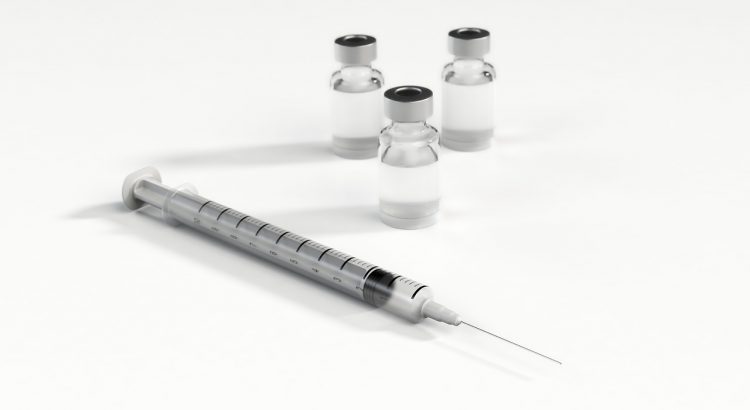Certified nurse midwife Ellen Ray, of Carroll Health Group OB/GYN, explains HPV, the health issues it causes and the vaccine that can help protect against it.
What is HPV?
HPV stands for Human Papillomavirus. There are several types of HPV, and some are more serious than others. The high-risk HPV types are responsible for cancer of the cervix and other types of cancer.
What types of health issues are caused by HPV?
Globally, HPV is the most common sexually transmitted infection. Cervical cancer is the most serious complication of high-risk HPV infection, and it is the third most common cancer in women worldwide. The majority of sexually active men and women are exposed to HPV in their lifetime.
It is difficult to determine when exposure to the virus occurred, and many unknowingly will spread it through intimate contact. However, most HPV infections, including the high-risk types, will go away on their own without treatment. The infections that persist are at risk for developing precancerous lesions. Women or men who have a weak or compromised immune system are more at risk for persistent infections.
What is the HPV vaccine and who should receive it?
The HPV vaccine is designed to prevent HPV infection and HPV-associated lesions. Three types of vaccines are available, and the HPV vaccine series is given in three doses.
The Advisory Committee on Immunization Practices (ACIP) recommends that HPV vaccination should routinely be offered to females ages 11 to 12 years, but can be given to girls starting at age nine. Catch-up vaccinations can be given to females ages 13 to 18 who have not been previously vaccinated or did not complete the series.
It is also recommended that males be vaccinated, and the recommendations are similar to that of females.
Your health care provider can provide you with more information to determine if the HPV vaccine should be given to you or your children.
From the Fall 2016 issue of A Healthy Dose, Carroll Hospital’s community magazine
